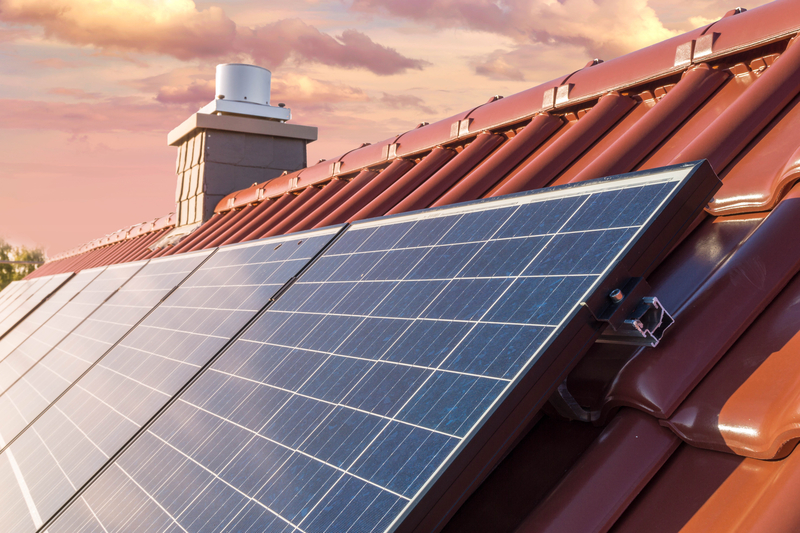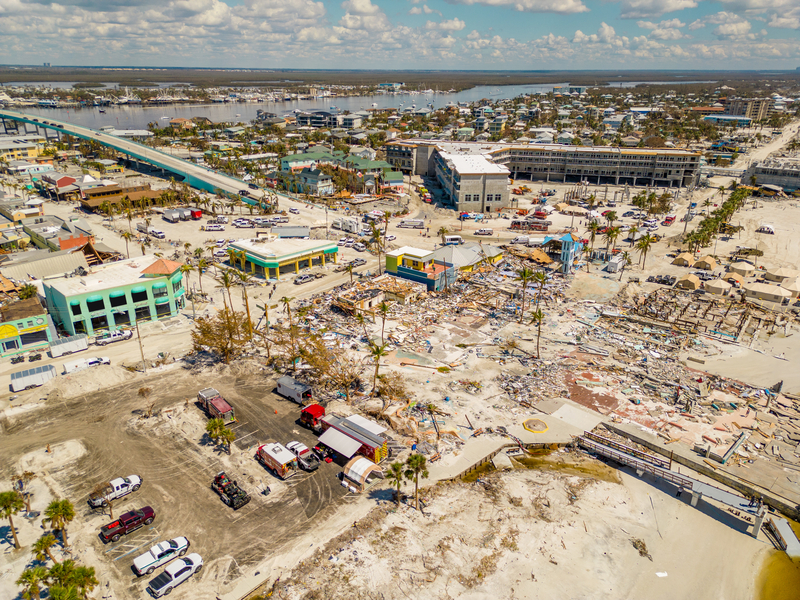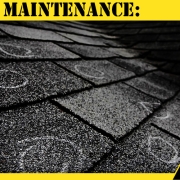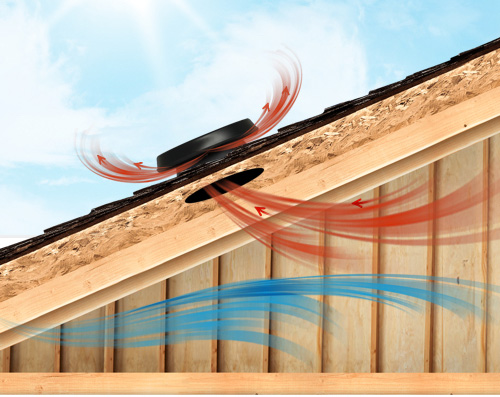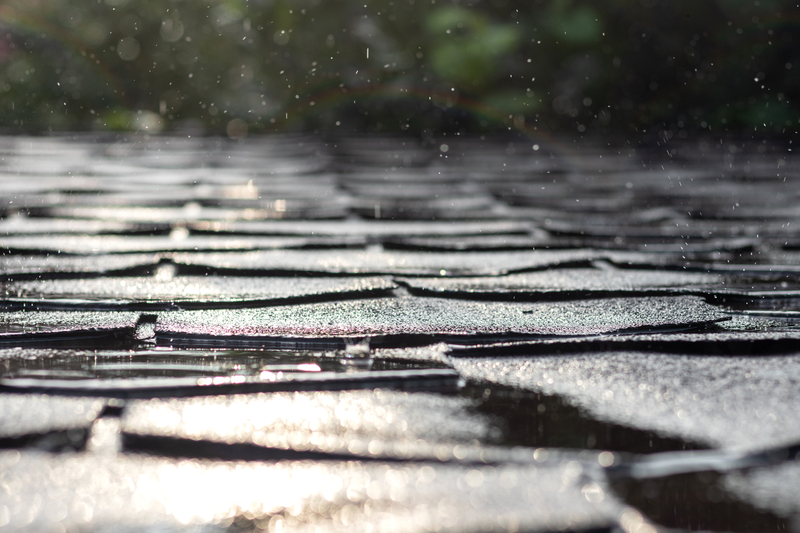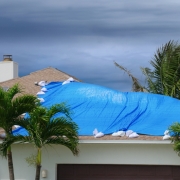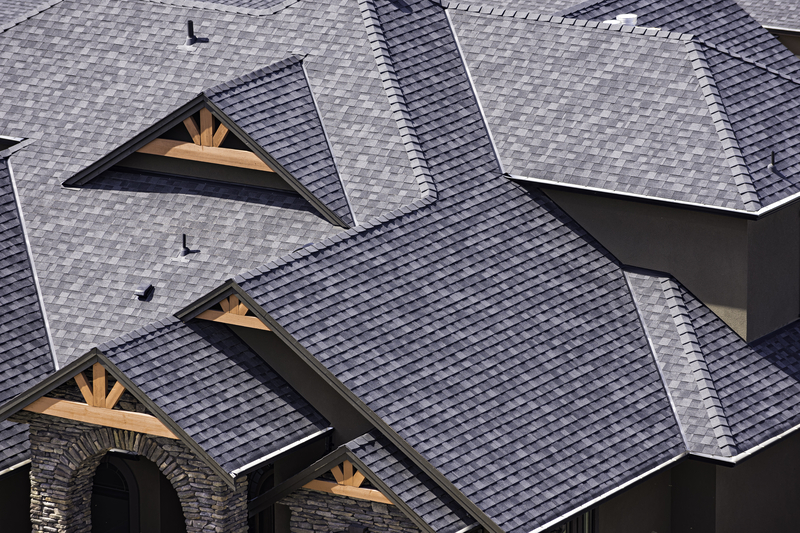Top Roof Types for Optimal Solar Panel Performance
Solar panel installation is an idea that has captured the fascination of countless homeowners, and if you’re considering jumping on this environmentally friendly bandwagon, you might be left pondering which type of roof would be the most suitable. The answer to this query hinges significantly on your unique investment goals and preferences. However, there exist some fundamental factors that demand consideration before you settle on your decision.
In this comprehensive guide, we’ll delve into the characteristics of an ideal roof for solar panels, provide insights on optimizing your chosen system, and discuss the potential impacts of different roofing materials on your solar panels’ performance.
Deciphering the Ideal Characteristics of Roofs for Solar Panels
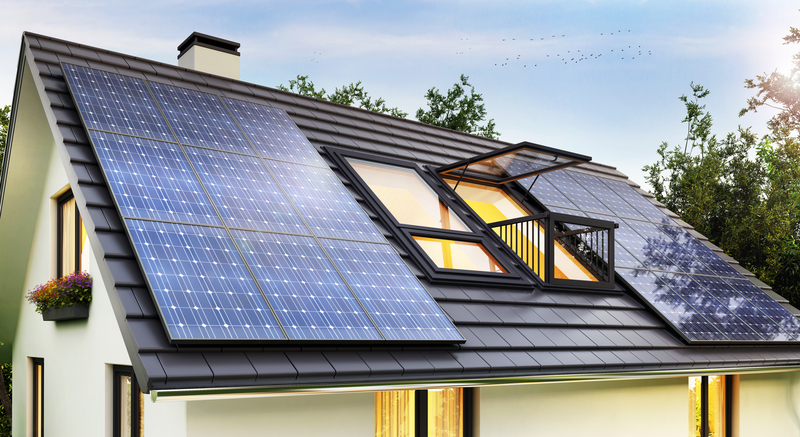
The efficiency of a solar panel system is deeply influenced by certain characteristics of the roof upon which it is installed. Here are key considerations:
- Roof Pitch and Orientation: A well-angled roof, tilting slightly towards the south, is an optimal foundation for solar panels. This position allows the panels to harvest more sunlight, translating to heightened energy production and significant savings on your utility bills.
- Ventilation: Properly ventilated roofs are paramount to the efficient operation of solar panels. If dust accumulates on your panels due to insufficient ventilation, their effectiveness diminishes. Furthermore, the cost of frequent professional cleaning services could potentially negate the financial benefits of solar energy.
- Lack of Shade: Solar panels thrive on roofs that aren’t overshadowed by towering trees or nearby buildings, especially in urban settings. While trees serve as a barrier against scorching summer rays, they also obstruct sunlight year-round, reducing your panels’ energy output.
- Roof Age and Condition: A solar panel system is a long-term investment, and installing it on an aging roof could be a costly mistake. Roof replacements necessitate removal and reinstallation of solar panels, often incurring fees that might offset the potential savings of your solar venture.
How Roofing Material Influences Solar Panel Performance
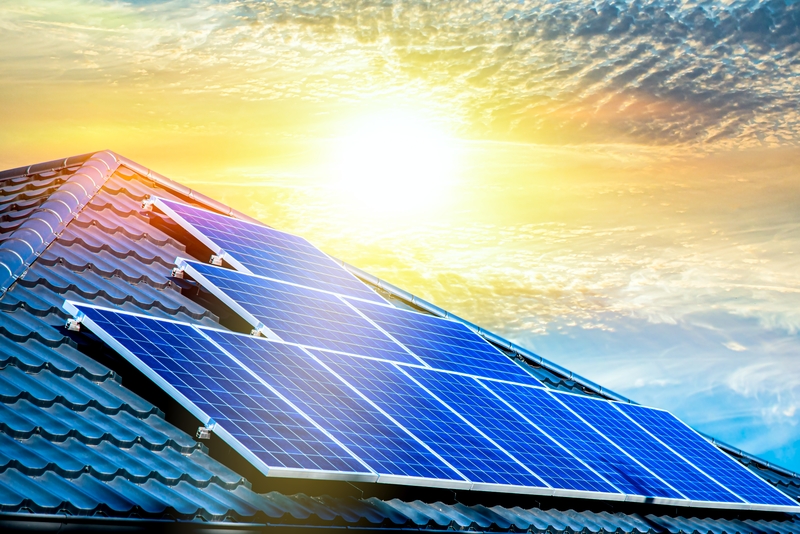
Although a variety of roofing materials are compatible with solar panels, metal roofs often emerge as the frontrunners. This preference, however, does not imply that metal is the sole feasible option. Several factors make metal roofs particularly conducive to solar installations:
- Variety of Metal Roof Types: Metal roofs encompass an array of options, such as steel shingles, standing seam, rib-panel, and stone-coated metal, each with unique benefits and drawbacks.
- Durability and Maintenance: For those considering a shift from conventional materials like tile or asphalt shingles, standing seam metal is a worthy contender due to its durability, longevity, and low maintenance requirements.
- Energy Efficiency: Despite a higher initial cost, metal roofs can generate substantial long-term savings through reduced electricity bills. Unlike asphalt shingles, which absorb solar energy, metal roofs reflect it, contributing to a cooler home interior.
- Roof Penetration and Longevity: Standing seam metal roofs, combined with solar panels, eliminate the need for roof penetration during installation, thereby minimizing leak risks. With a robust metal roof, your solar panels may need replacement before the roof itself.
The Role of Trees in Your Solar Panel Efficiency

The vegetation surrounding your home can significantly impact your solar panels’ effectiveness. Tall trees may cast a shadow over the panels, impeding their sunlight exposure and reducing energy output. Trimming or removing such trees might be necessary to ensure optimal solar power generation. Alternatively, planting lower-growing species could strike a balance between maintaining your home’s greenery and ensuring unhindered sunlight access to your solar panels.
Final Thoughts
We trust this detailed guide has provided clarity on the suitability of your roofing system for solar panels. Remember, if your current roof is not compatible, there are always alternatives. In many cases, waiting until your roof requires replacement before installing solar panels is a practical strategy. After all, a sound roofing system forms the bedrock of a solar PV system, making it an investment worthy of careful consideration. Most homeowners pursue solar panel investments for long-term savings, and therefore, the quality and durability of the roofing system play a pivotal role in realizing these benefits.

